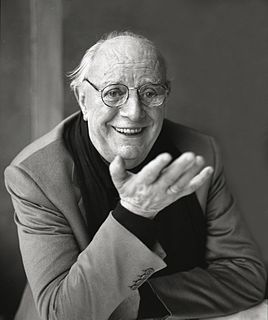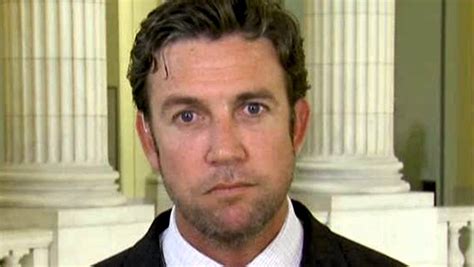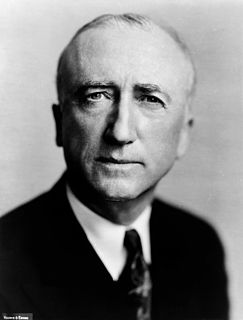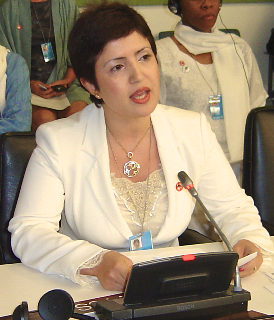A Quote by Aleksandar Hemon
Europe is a rapidly changing place, on every level. Immigration, post-communist transitions, the unification, steady presence of war and conflict, the inescapable challenges to the notion of national literature/culture-it all exerts pressure upon writers who must be aware of the transformational possibilities of the situation.
Related Quotes
Every writer owes something to a particular tradition he/she grew up in. But no serious writer - other than the militantly nationalist ones - would reduce his/her domain of influence to a single tradition. Furthermore, historical breaks are so common and large in Europe that there are ruptures in every tradition which then connect the same generations across national borders. Younger Eastern European writers, for instance, have more in common with other writers of the same age in Europe, than with the previous, communist-era generations in their own countries.
To be under pressure is inescapable. Pressure takes place through all the world; war, siege, the worries of state. We all know men who grumble under these pressures and complain. They are cowards. They lack splendour. But there is another sort of man who is under the same pressure but does not complain, for it is the friction which polishes him. It is the pressure which refines and makes him noble
It seems strangely difficult for some to realize that here in Asia is where the Communist conspirators have elected to make their play for global conquest, and that we have joined the issue thus raised on the battlefield; that here we fight Europe's war with arms while the diplomats there still fight it with words; that if we lose the war to communism in Asia the fall of Europe is inevitable, win it and Europe most probably would avoid war and yet preserve freedom. As you pointed out, we must win. There is no substitute for victory.
A good many of my poems over the years have alluded to or taken on the political. Stevens has a line in one of his essays: "Reality exerts pressure on the imagination." Inevitably what is omnipresent in the culture exerts its pressure on our imaginations to respond to it, even if indirectly. But in this case the backdrop of 9/11, coincident with the breakup of a marriage, the finding of new love, some kind of personal cataclysm... all of those were forces informing the poems in some way.
The Federated Republic of Europe-the United States of Europe-that is what must be. National autonomy no longer suffices. Economic evolution demands the abolition of national frontiers. If Europe is to remain split into national groups, then Imperialism will recommence its work. Only a Federated Republic of Europe can give peace to the world.





































